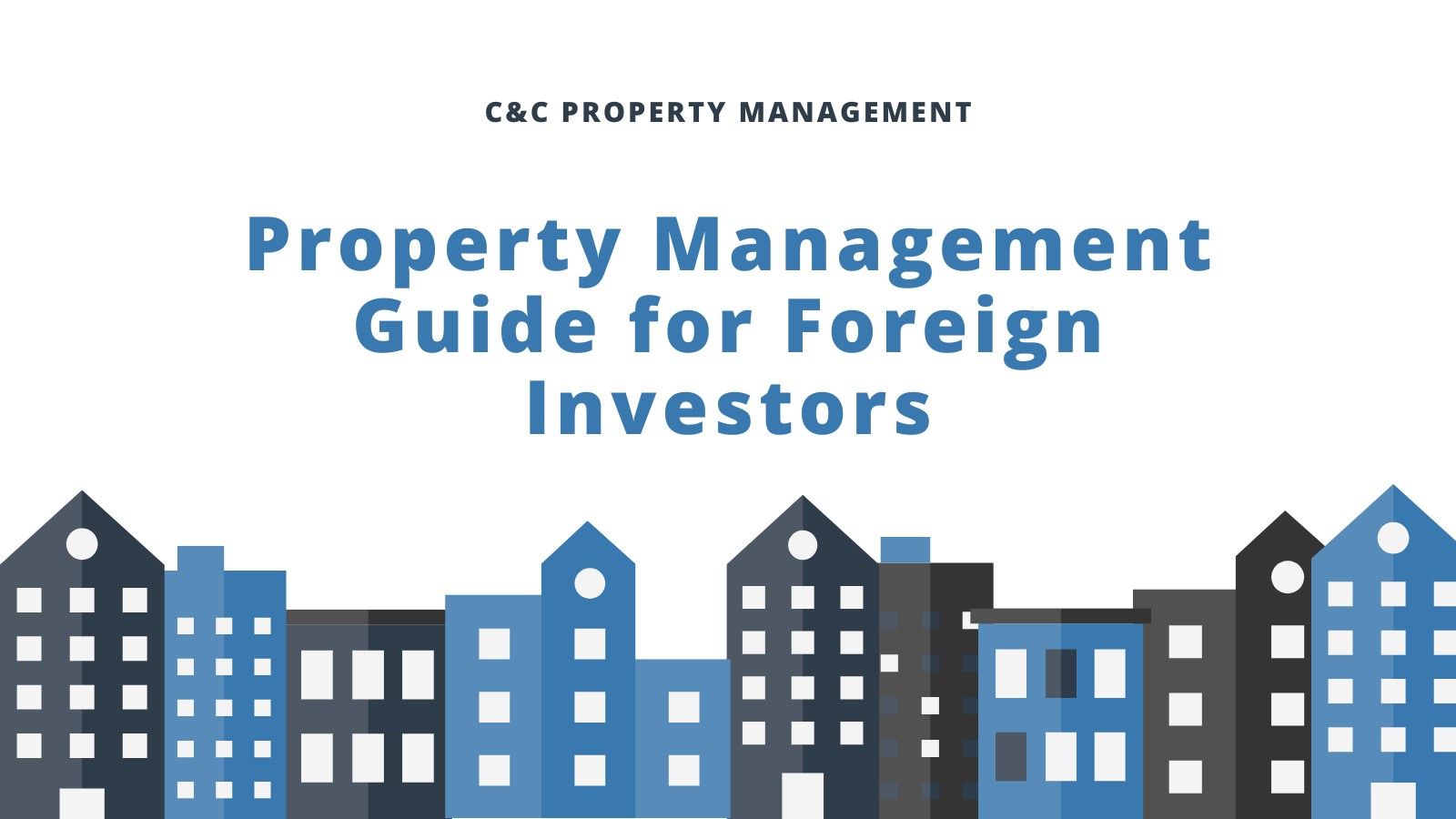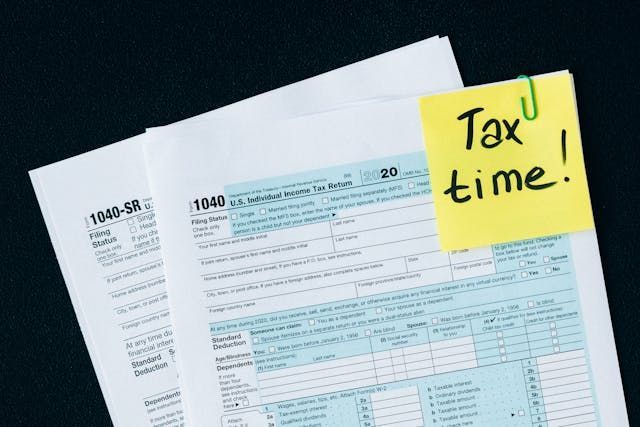Property Management Guide for Foreign Investors

Key Takeaways:
- U.S. Real Estate Offers Global Investor Advantages: Strong legal protections, high rental demand, and accessible financing make American property a stable, long-term investment choice.
- Effective Remote Management Protects Assets: Building a trusted on-the-ground team ensures smooth tenant relations, timely maintenance, and consistent rental income.
- Tax Knowledge Preserves Profits: Understanding U.S. tax obligations, treaties, and strategies like 1031 exchanges helps minimize liabilities and avoid costly surprises.
Investing in U.S. real estate has become increasingly attractive to foreign investors seeking stable returns, long-term value appreciation, and portfolio diversification. With a strong legal framework, a high rental demand, and relatively low barriers to entry, the U.S. offers unique opportunities for investors from all around the globe. Whether it’s residential rental properties or commercial buildings, American real estate remains a solid investment even during economic shifts.
However, purchasing an investment property while living abroad comes with its own set of challenges. From managing tenants and maintenance to navigating legal, financial, and tax-related requirements, investing in real estate is no easy task. That’s where working with a reliable property management company becomes essential.
With the right support, foreign investors can overcome distance and legal complexity, making U.S. real estate ownership both profitable and manageable. In this guide, our team at C&C Property Management will walk you through every step of the process so that you can invest with confidence, even from thousands of miles away.
Why Invest in U.S. Real Estate?
The
United States market offers foreign investors stability, steady appreciation, and reliable rental yields. After all, most markets offer strong legal protections, enforceable property rights, and consistent demand. Foreign investors can also benefit from low barriers to purchase, multiple financing options tailored to non-residents, and clear ownership structures like LLCs that balance liabilities and taxes.

Finding the Right Property to Invest In
The success of your investment will greatly depend on the location, size, and condition of the property you choose. After all, no one will want to rent a property in a high-crime neighborhood or looks like it’s falling apart. You can find good property deals remotely by doing the following:
1. Researching the Local Market
If you’re thinking about investing in U.S. real estate, you’ve probably already chosen the city or state you want to invest in. However, it’s still important to research the local market. This will help you identify the neighborhoods with the strongest rental demand, job growth, and projected infrastructure development.
2. Crunching the Numbers
Before purchasing a property, you should always calculate its viability. Calculate the potential cash flow, compare the rental rates relative to the purchase price to estimate yields, and try to calculate the potential ROI. The more calculations you make, the easier it’ll be to determine whether the investment is worth it.
3. Virtual Walkthrough Tours
Once you’ve found a property you like, ask the owner or real estate agent to give you a video tour of the premises. This will help you assess the condition and size of the property remotely. However, you should aim to see it in person before signing any deals.
4. Partnering With a Local Professional
Most US real estate agents, property management companies, and investment consultants serve international clients. The right professional can guide you on zoning laws, rental restrictions, and tax implications, helping you ensure you comply with the local laws.

Managing an Investment Property Remotely
Most foreign investors purchase U.S. real estate intending to rent the property and earn a stable passive income. If that’s your case, here are some tips that can make it easier to manage your rental property from abroad:
1. Assemble a Competent Team
It can be incredibly difficult to maintain a property when you’re in another city, let alone another country. You need someone to be your eyes and hands. This includes a property manager, a
CPA, and reliable contractors. A trusted on-the-ground team streamlines repair coordination, seasonal maintenance, and tenant turnover.
2. Familiarize Yourself With the Local Laws
Operating a rental in the U.S. requires adherence to federal, state, and sometimes city-level landlord-tenant laws, including safety standards, eviction procedures, and fair housing compliance. A property manager or local lawyer can help you ensure legal compliance, reducing the risk of fines, tenant lawsuits, or wrongful eviction claims.
3. Partnering With a Property Manager
A trusted on-the-ground partner will help you keep tenants happy and your property safe. A quality manager can help with anything from tenant screening, rent collection, and maintenance coordination to legal compliance, saving you plenty of time and headaches.
Tax Implications for Foreign Investors
Foreign investors have to follow specific tax rules. Here are some things you should keep in mind:
1. Rental Income Tax
Foreign investors have to file Form 1040‑NR (or 1120‑F for corporations) to report their rental income. Keep in mind that rental properties are often considered a passive income activity, so foreign investors are typically charged a flat rate of 30% on all income generated.

2. Gains Tax and 1031 Exchanges
While capital gains tax may apply on sales, foreign investors may qualify for deferral through properly structured 1031 exchanges if specific criteria are met. It’s important to research the local tax laws to see if you qualify.
3. Selling a Property
Foreign investors can freely buy and sell properties in the U.S. However, in order to do the latter, they first need to get a taxpayer identification number (ITIN). This can be done by completing the IRS Form W-7, also known as the IRS Application for Individual Taxpayer Identification Number. Keep in mind that capital gains taxes on the sale of property typically range from 15% to 30% of the sale price.
4. Tax Treaties & Credits
In some cases, tax treaties between the U.S. and certain countries can reduce withholding or offer tax credits to avoid double taxation. Researching tax treaties beforehand to ensure you make use of all applicable
tax benefits.
Bottom Line
The U.S. offers plenty of opportunities for forging investors, especially in the realm of real estate. After all, investors can benefit from passive income, steady appreciation, and portfolio diversification. But success requires more than just buying property. It demands knowledge of the local laws, careful planning, reliable management, and tax compliance. By following the tips outlined above, you can increase the chances of your rental investment succeeding.
If you’re thinking about investing in California real estate, consider partnering with
C&C Property Management! Our team can help you with anything from finding the perfect property to grow your portfolio to managing the day-to-day responsibilities of the unit.








